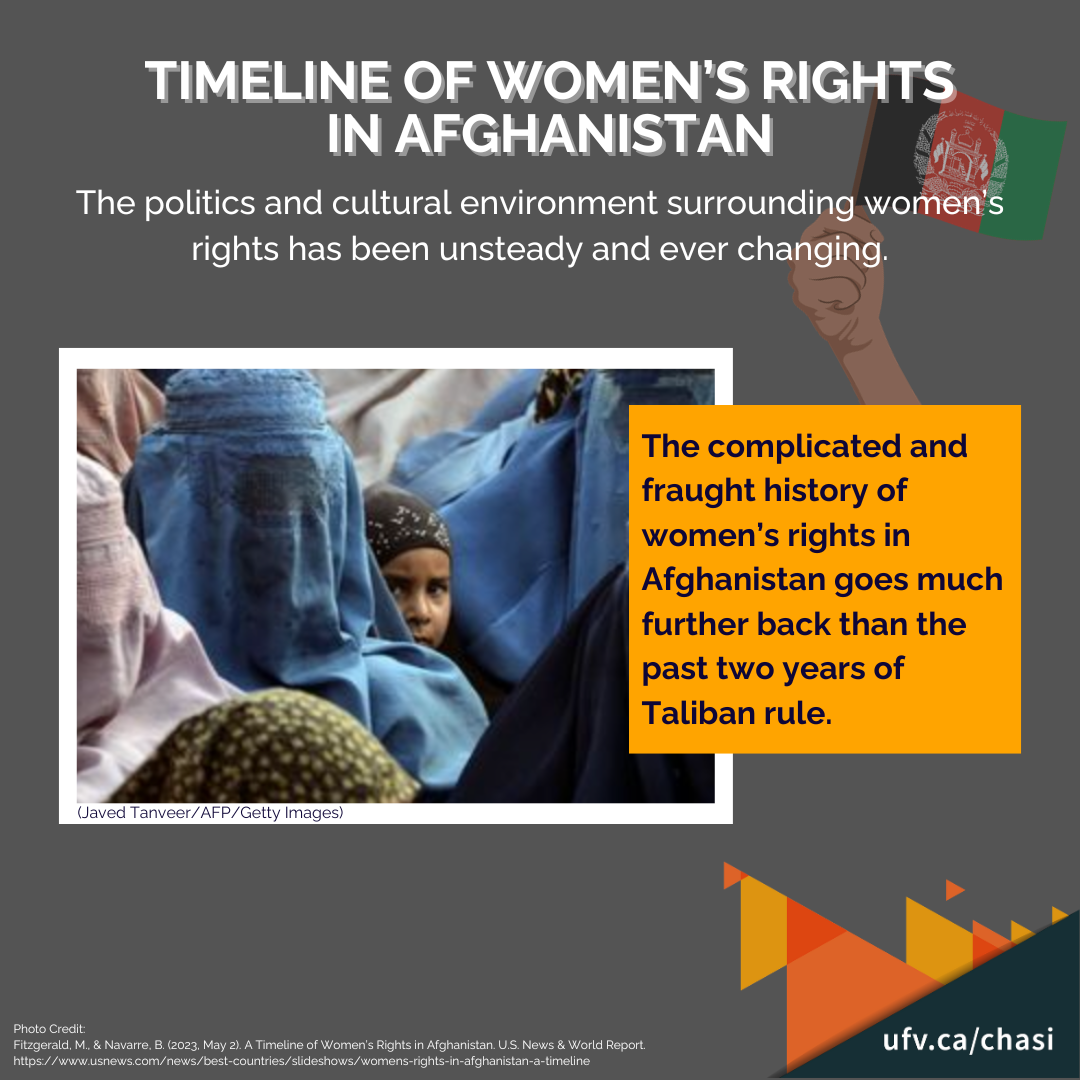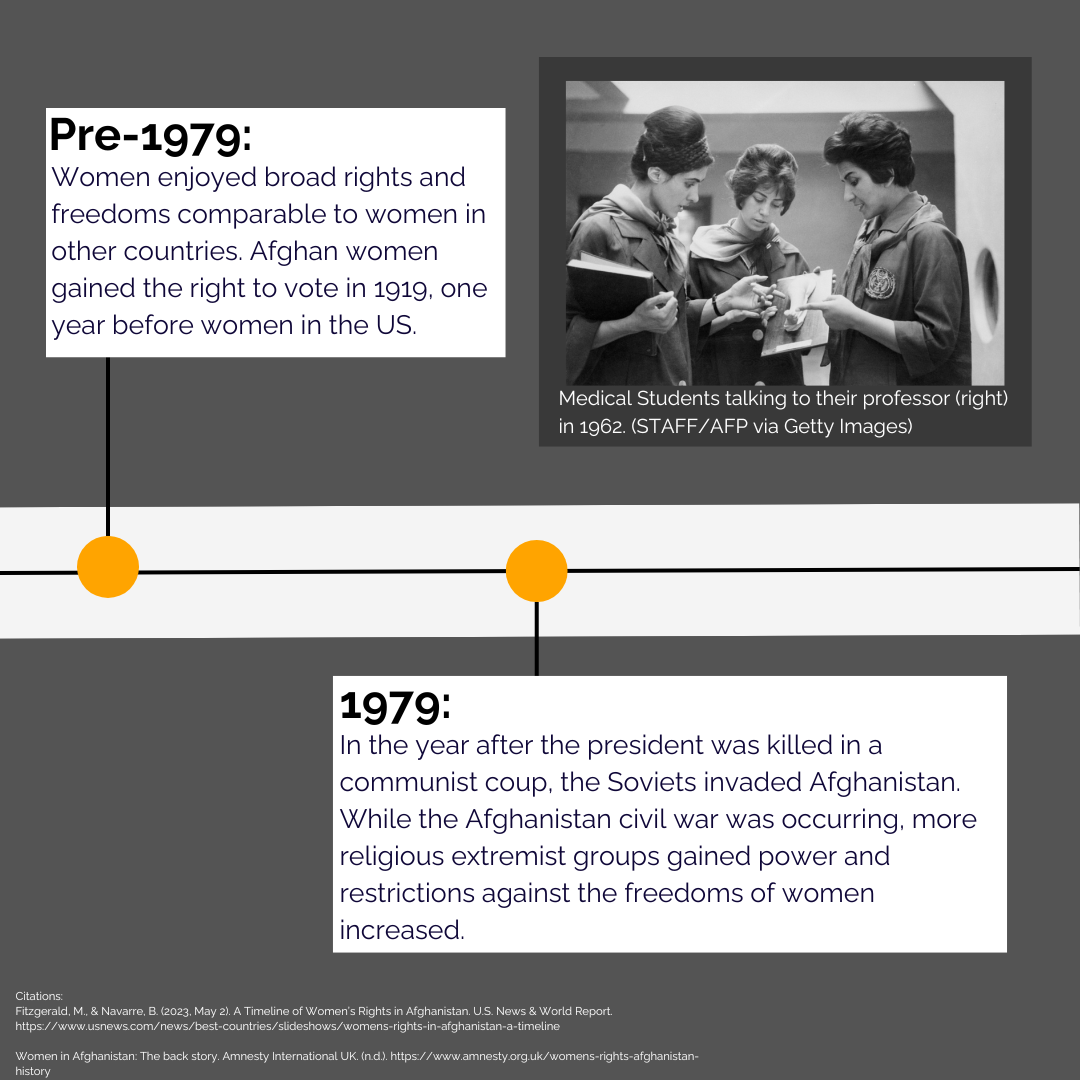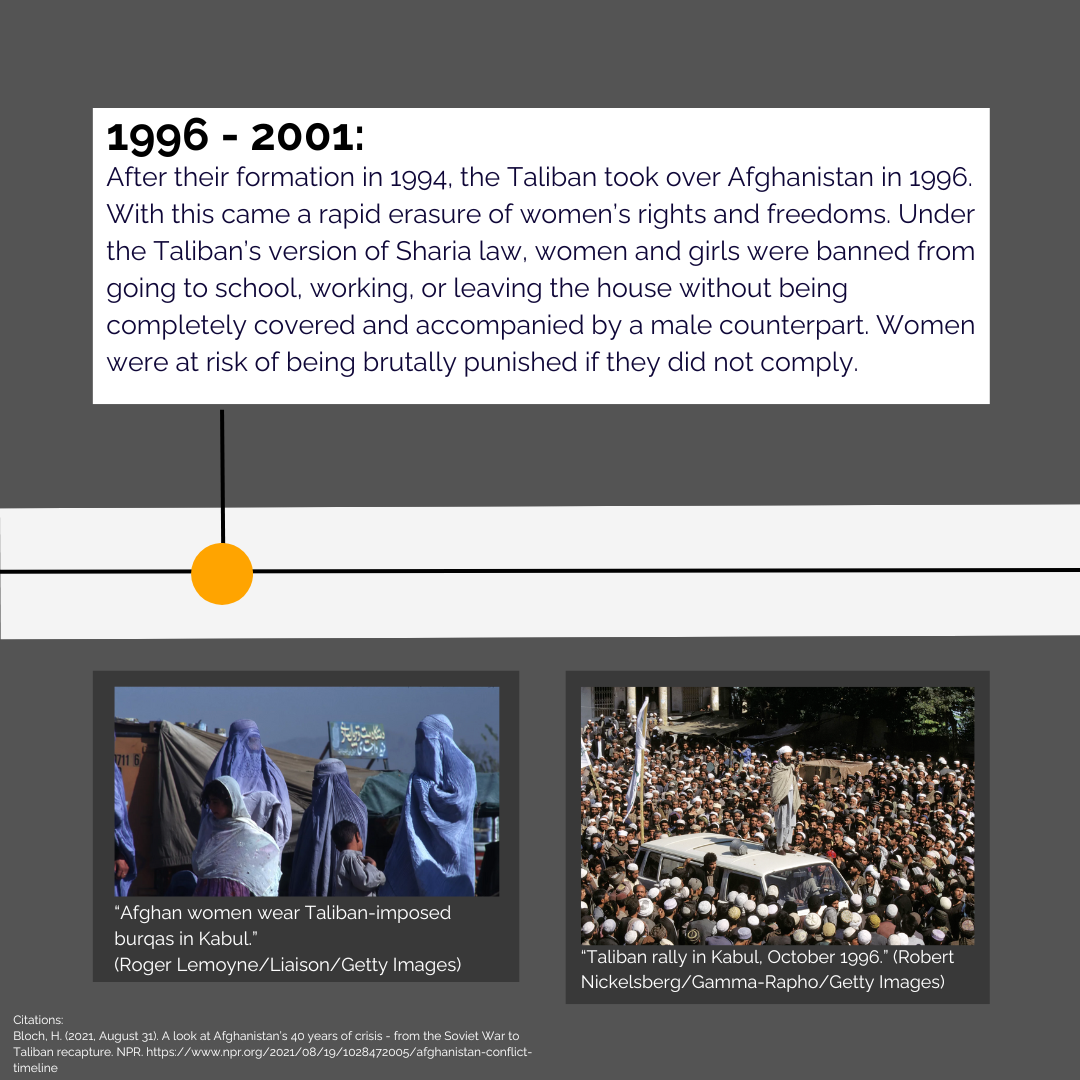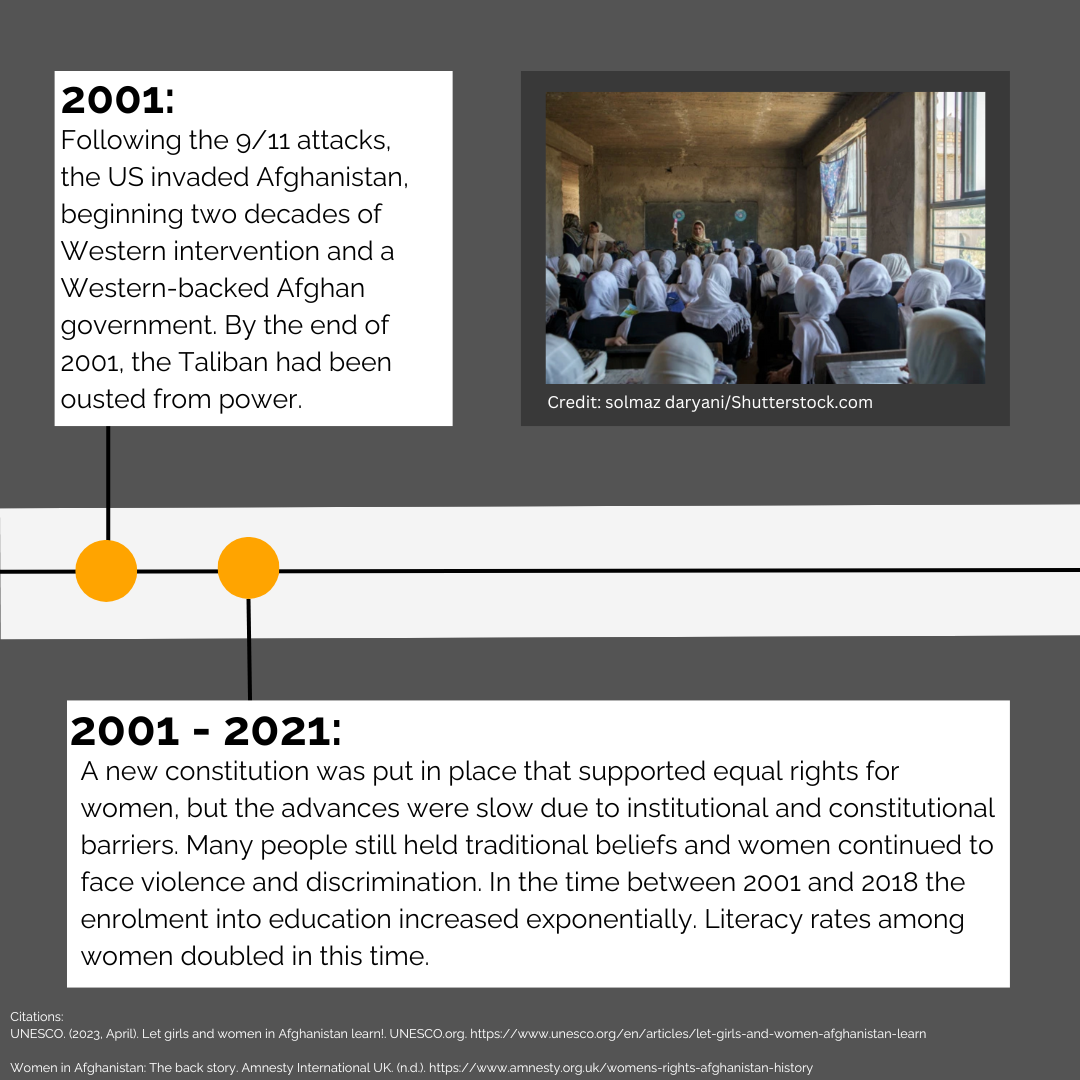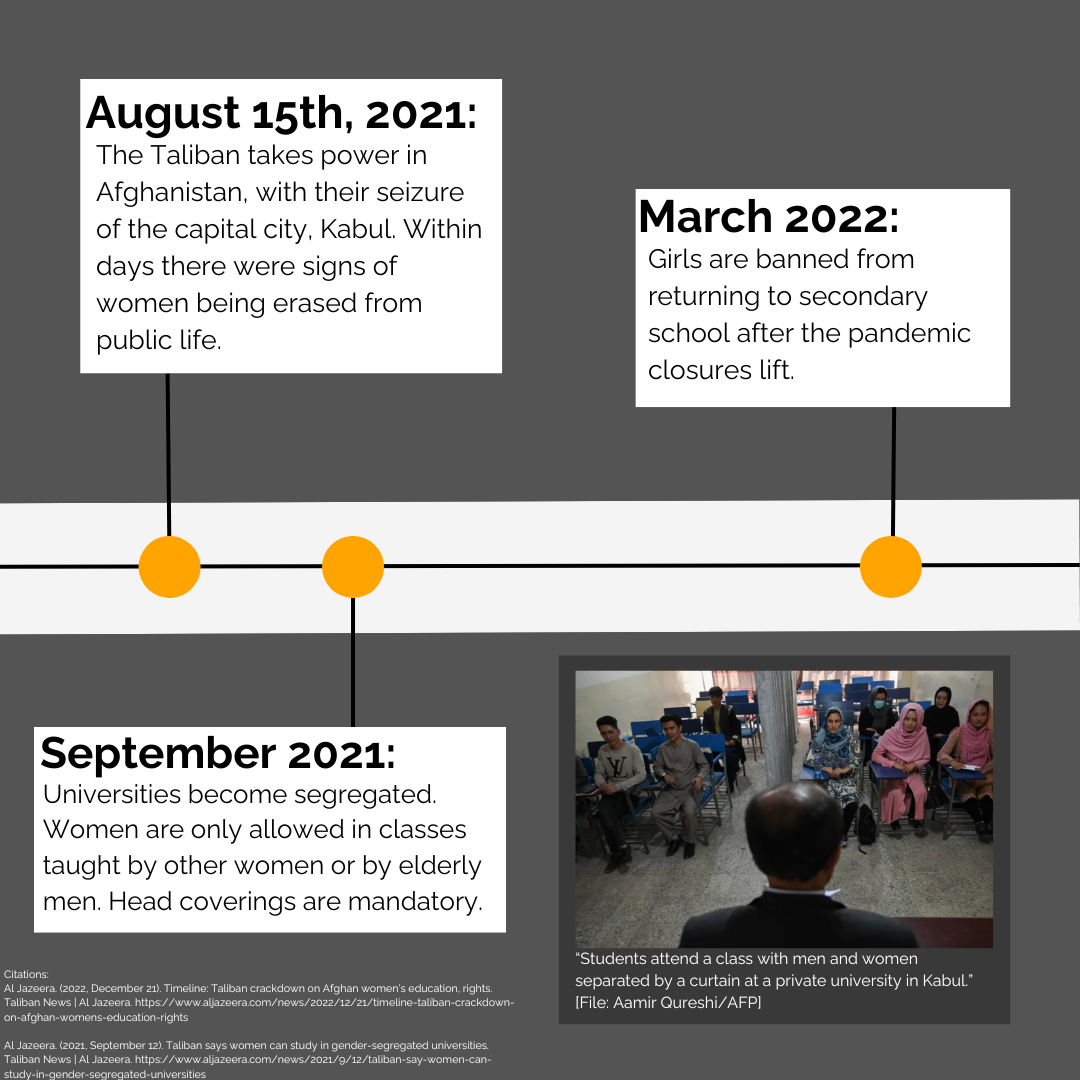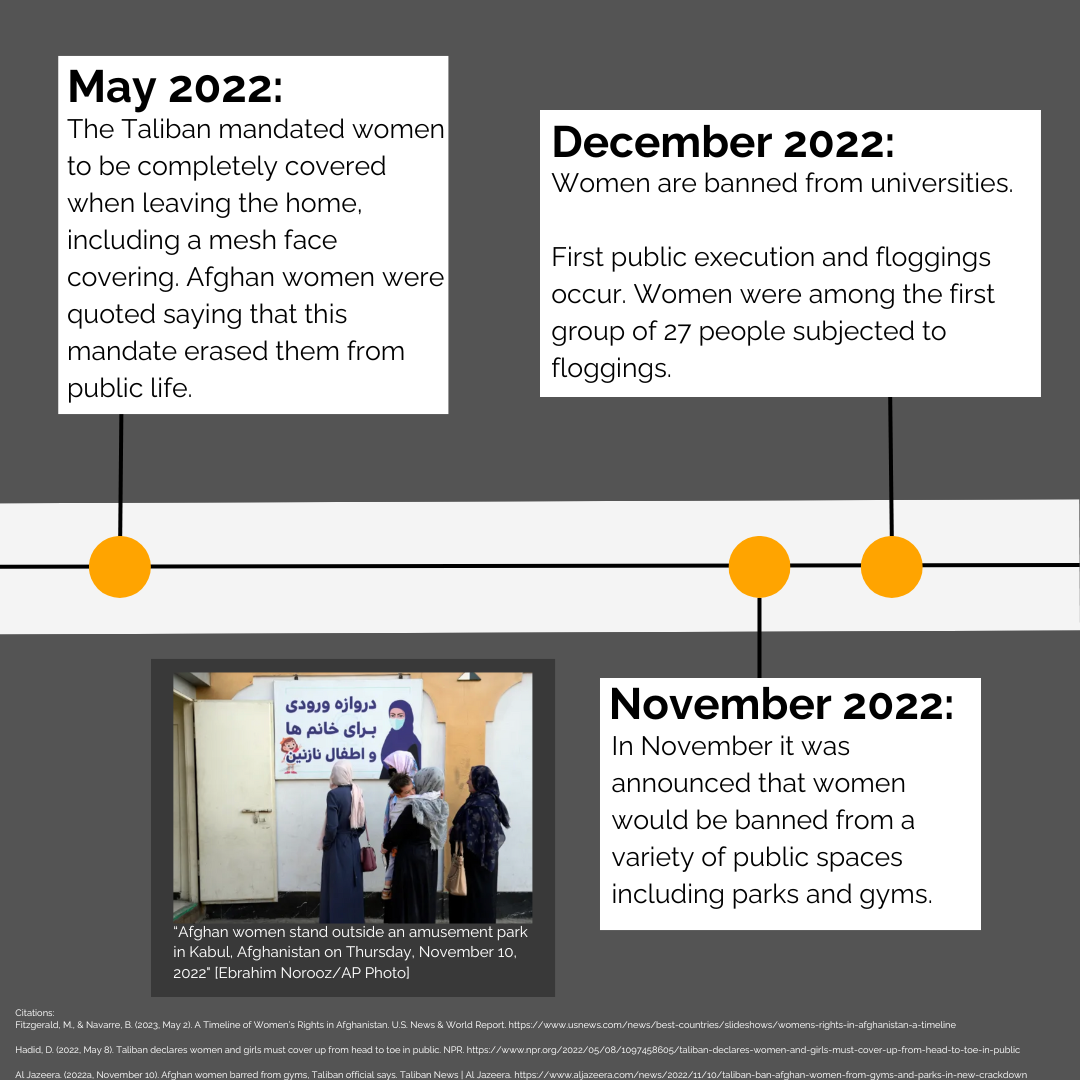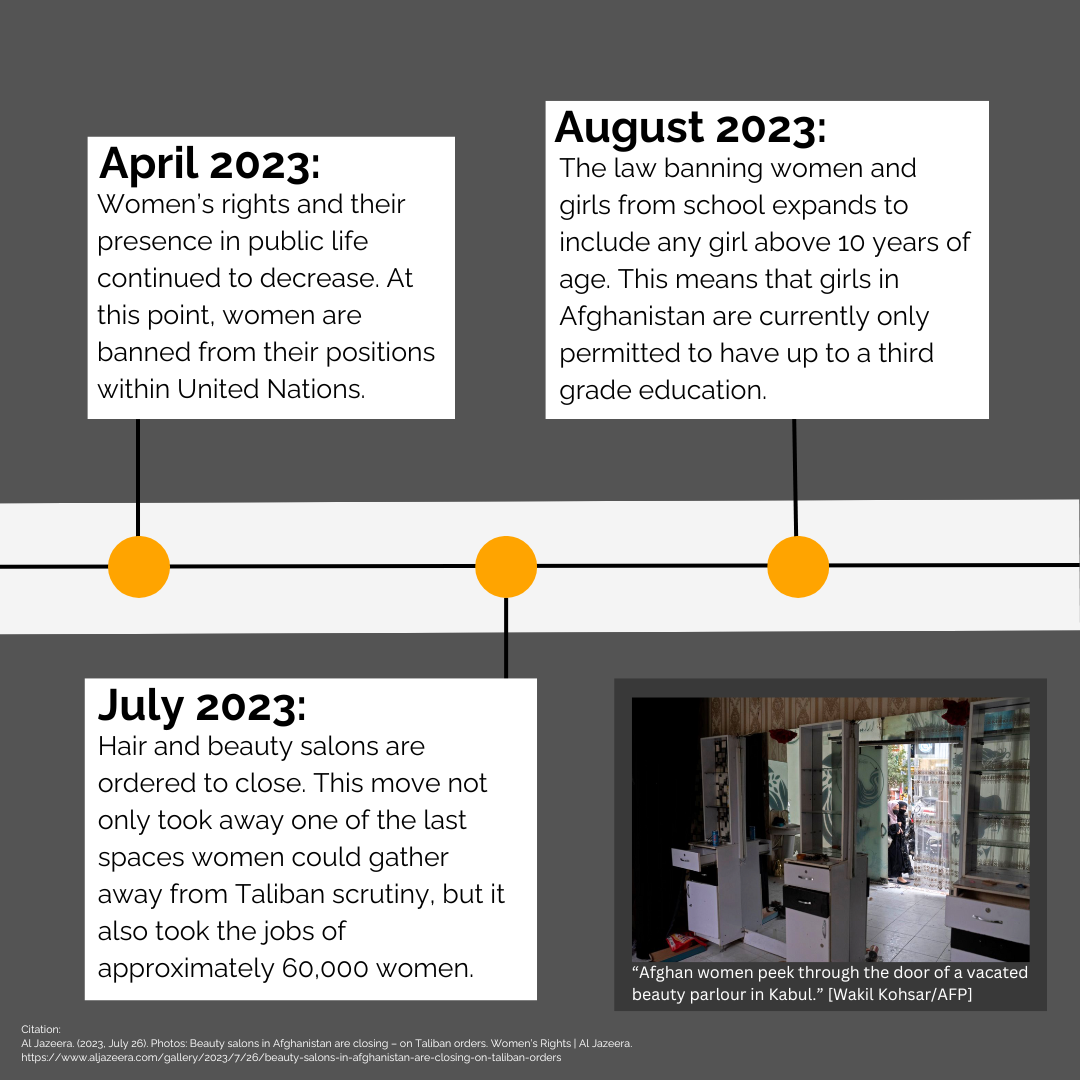Throughout August 2023 and beyond, CHASI highlighted the current situation in Afghanistan.
August 8, 2023

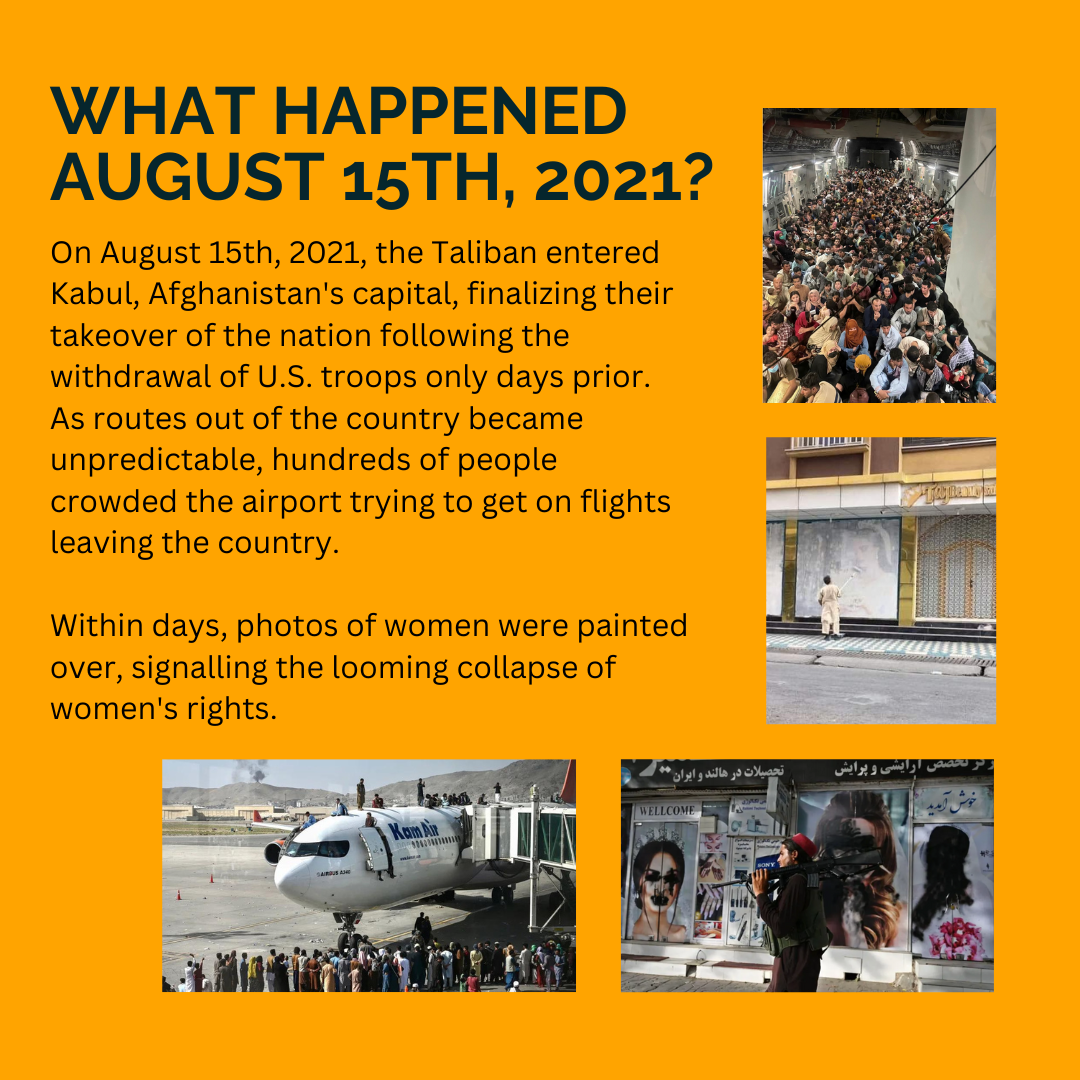

August 10, 2023: Announcing a UFV walk-out in support of the women of Afghanistan
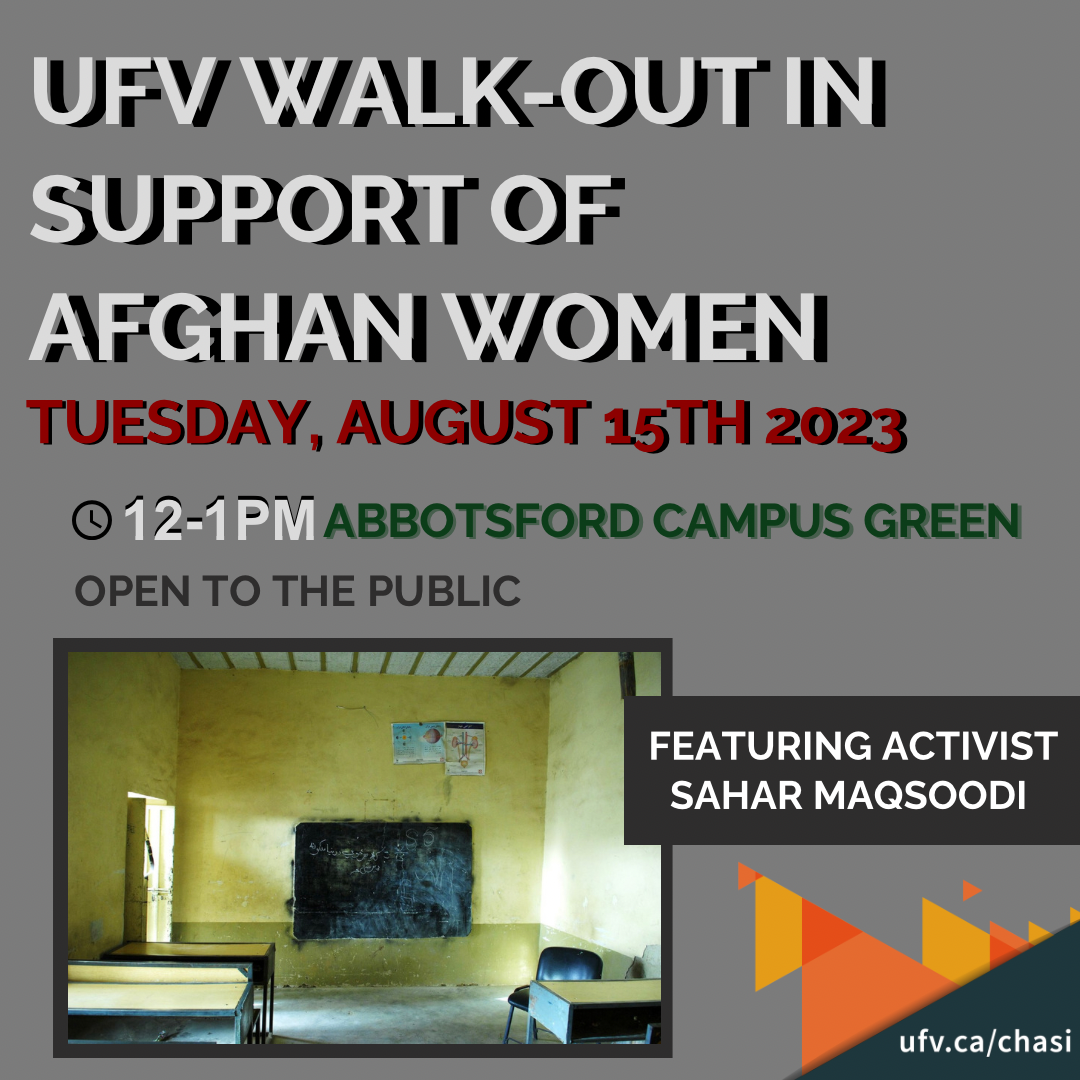
Afghan women have been banned from attending high school since September 2021 and university since December 2022. This event will demonstrate UFV’s support for women during this time of gender apartheid in Afghanistan. We will welcome Afghan activist Sahar Maqsoodi to share her perspective.
August 15, 2023: UFV walk-out supporting Afghan women
To mark two years since the Taliban takeover of Afghanistan, CHASI and members of the Afghan community staged a university walk-out at noon today. The focus was on supporting Afghan women, who have been banned from attending high school since September 2021 and university since December 2022. Afghan activist Sahar Maqsoodi joined the event, sharing the realities of the situation in her home country and the impact of such demonstrations of support.
Thank you for everyone who joined us and lent their support! Please visit our post about the walk-out for more.
August 16, 2023
This week as we recognize the painful two year anniversary of the Taliban’s takeover of Afghanistan, it is important to remember that this is not an isolated event. Rather, it is an ongoing crisis that is continuing to evolve, and our responses as individuals and nations must continue to evolve as well.


August 17, 2023: Discussion with Nasrat Khalid

Thank you to Nasrat Khalid for speaking to CHASI today from the Washington D.C. area. Nasrat shared his amazing work creating Aseel as a space for artisans in Afghanistan and other countries to sell their work around the world.
After the Taliban takeover in 2021, he pivoted and expanded Aseel to include providing direct aid to people in Afghanistan. We were inspired by his story and the amount of impact one innovative person can have. Please consider exploring Aseel to learn more!
August 18, 2023
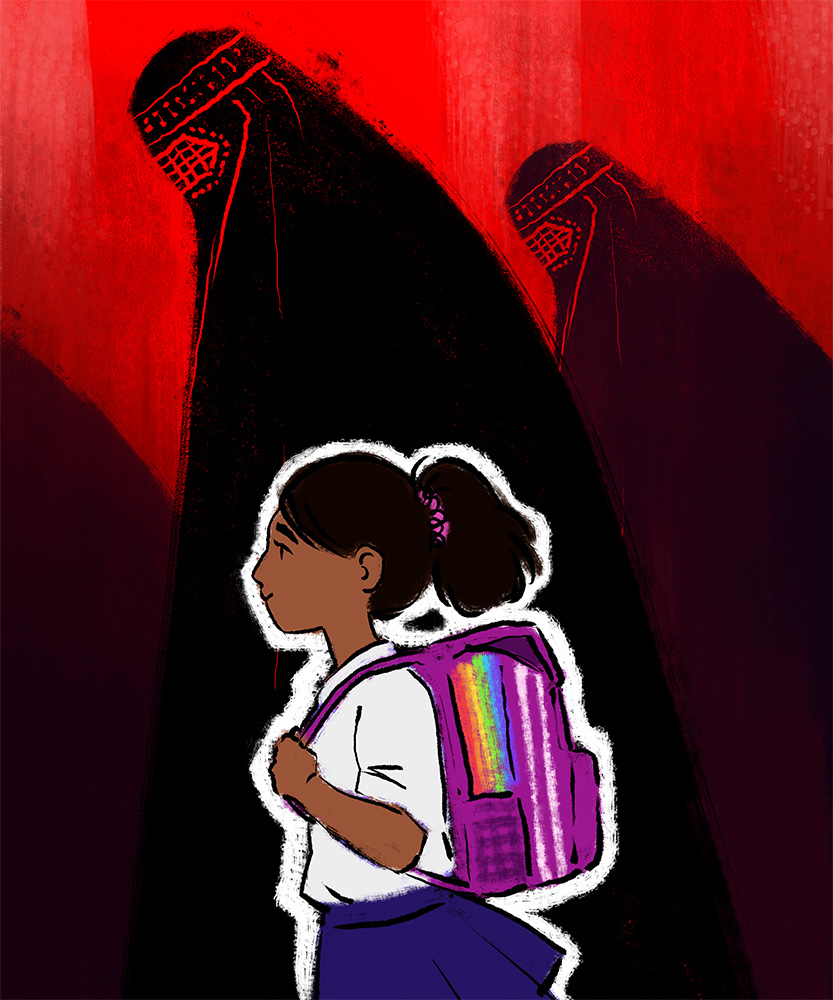
“There is a child in all of us who yearns to learn, to live with freedom and dignity.” – Sharon Strauss, CHASI artist.
August 22, 2023: CHASIcast with Fatema D. Ahmadi
We were honoured to welcome Fatema D. Ahmadi to the CHASIcast for August.
Ahmadi is a Fellow and Adjunct Professor at American University, School of Public Affairs in Washington, DC, and is dedicated to advocating for human rights, particularly women’s rights, in Afghanistan. Through her work, Ahmadi aims to spotlight the difficulties faced by vulnerable groups, gather data on human rights abuses, and advocate for transformative change.
In this episode, Ahmadi joins guest host and CHASI Lead Researcher Chelsea Klassen to discuss growing up and pursuing an education as a refugee, the restrictive laws Afghan women are subjected to, and how people in Afghanistan and around the world are pushing back.
Links to listen on various podcast platforms, as well as a full transcript, are available in our post about the episode.
August 28, 2023
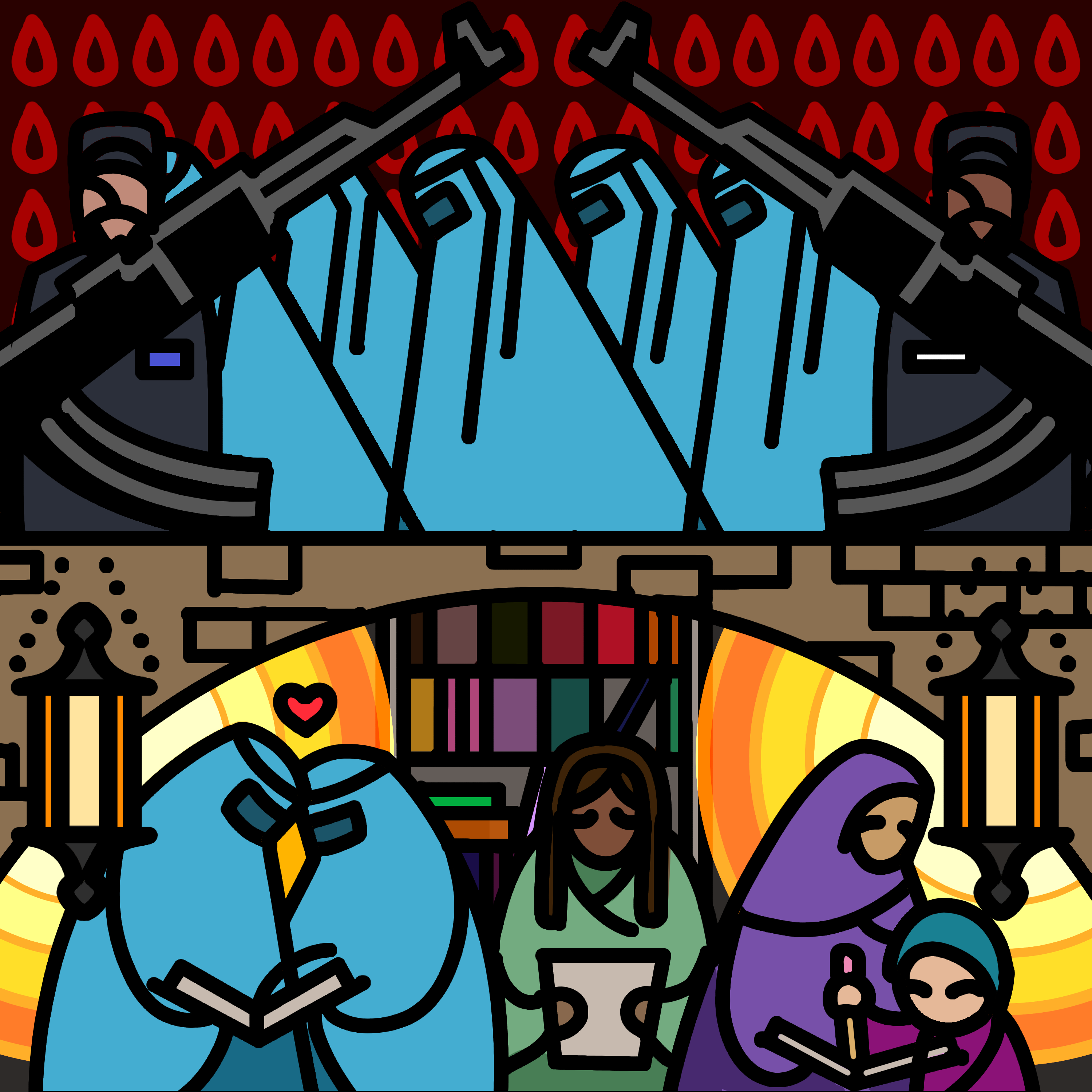
August 30, 2023
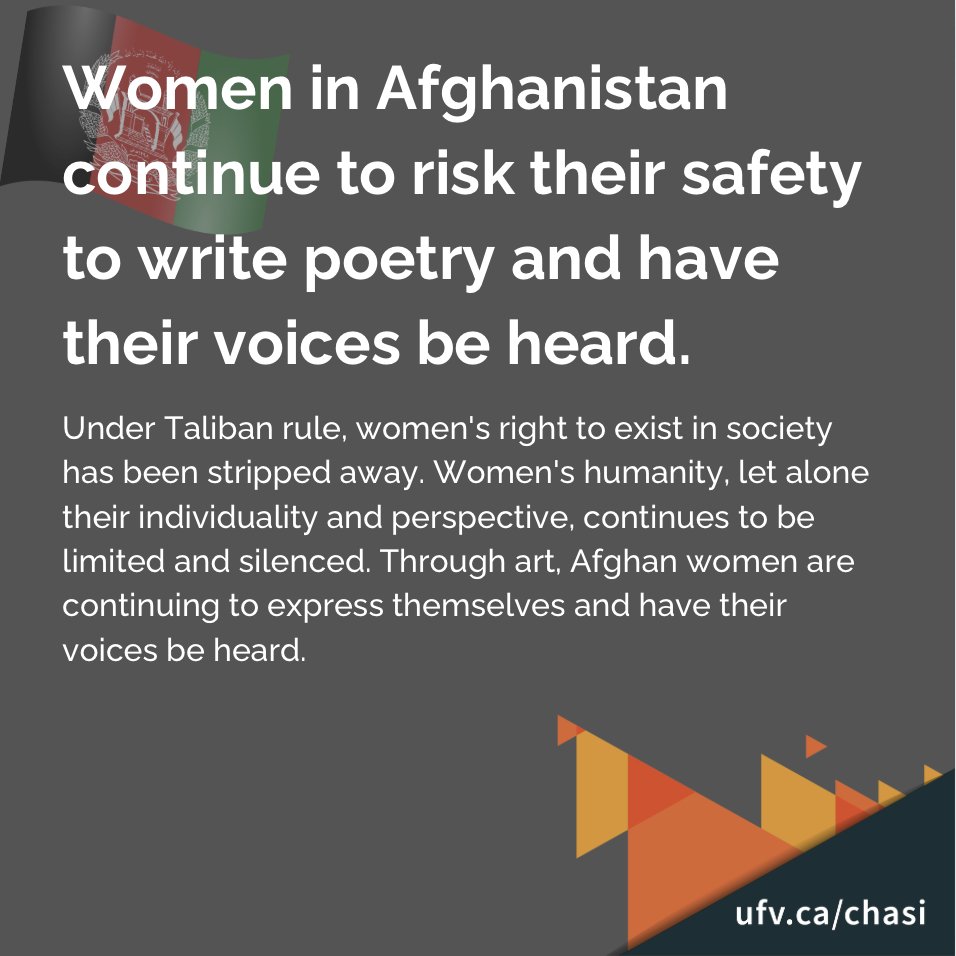
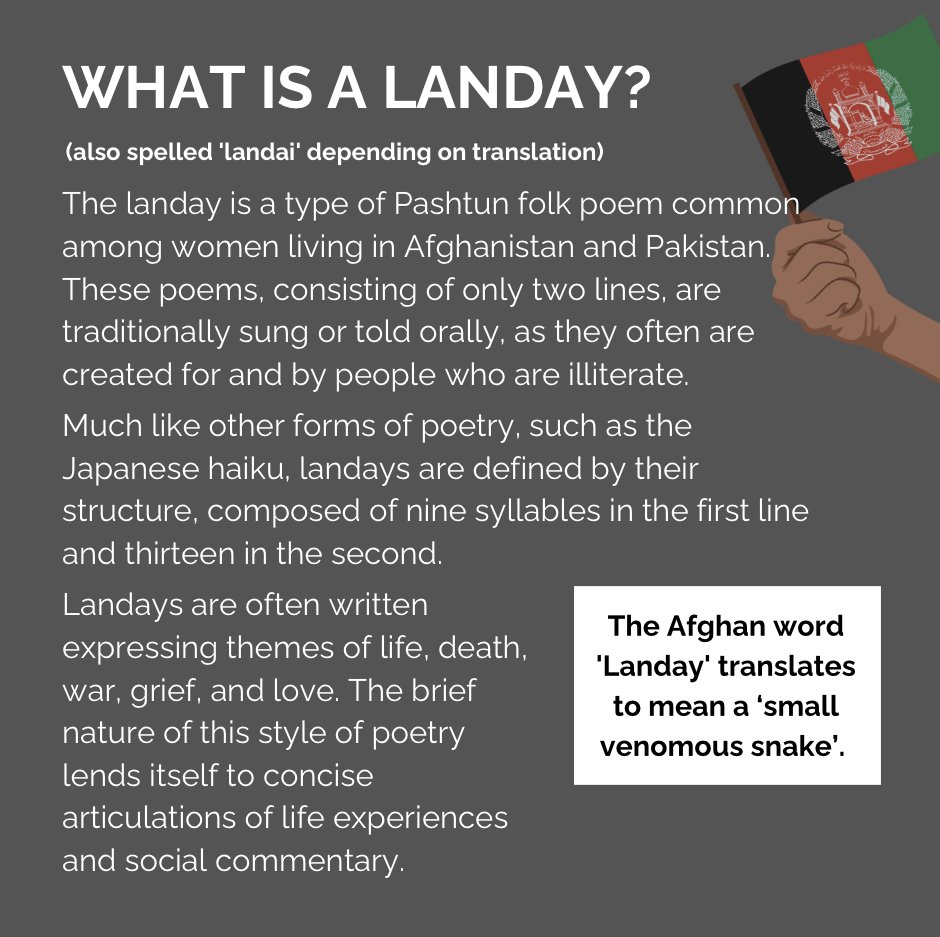
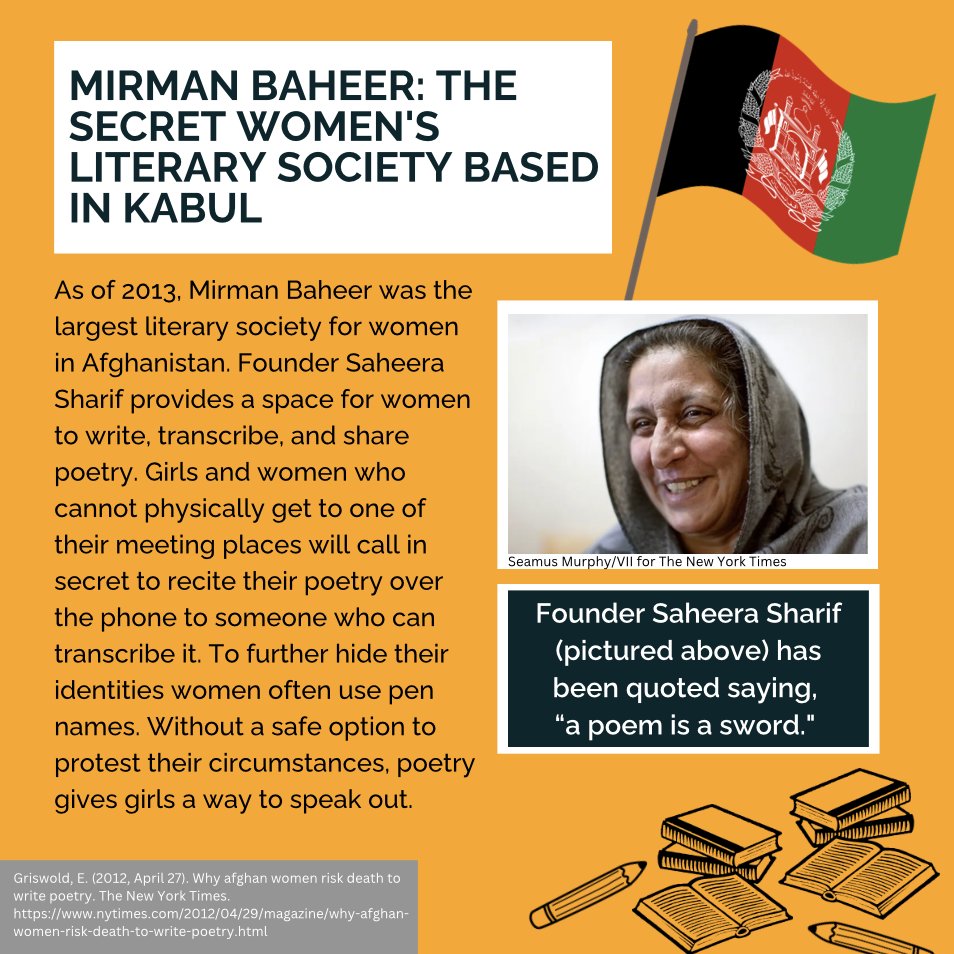
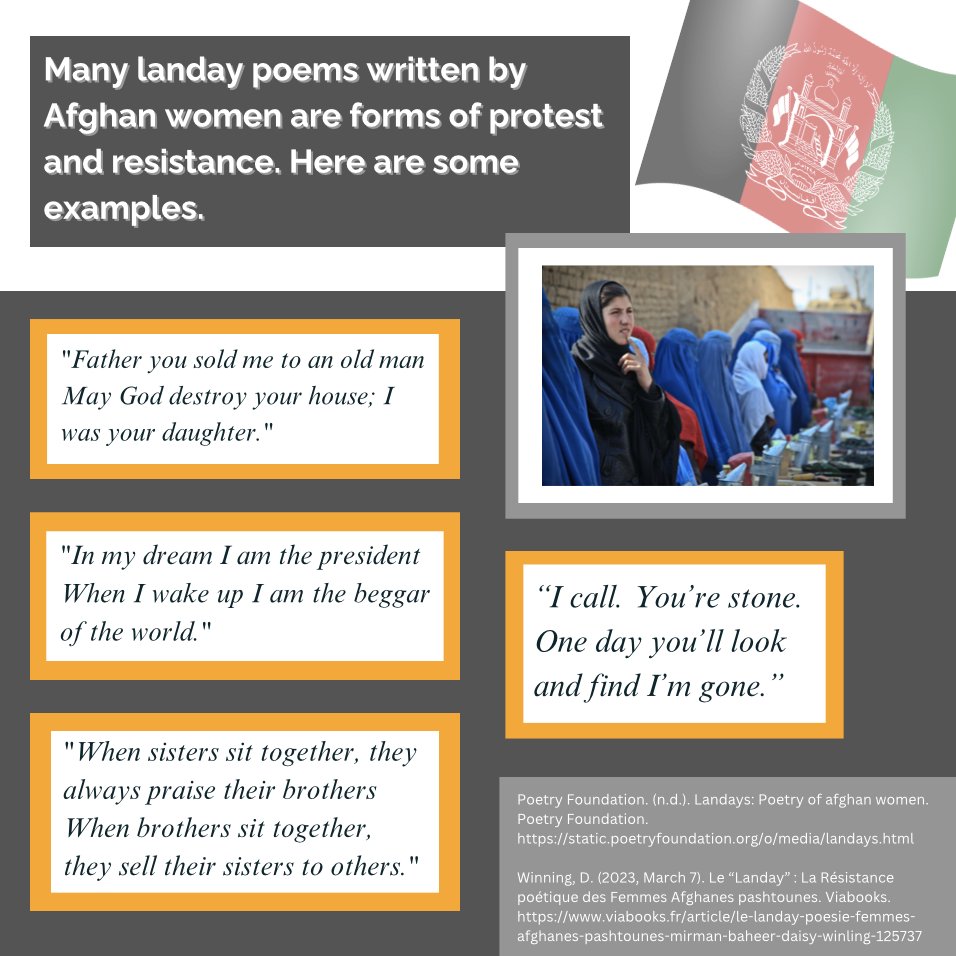
September 7, 2023
“May the pride and fighting spirit of Afghan women burn ever brightly.” – Sharon Strauss, CHASI artist.
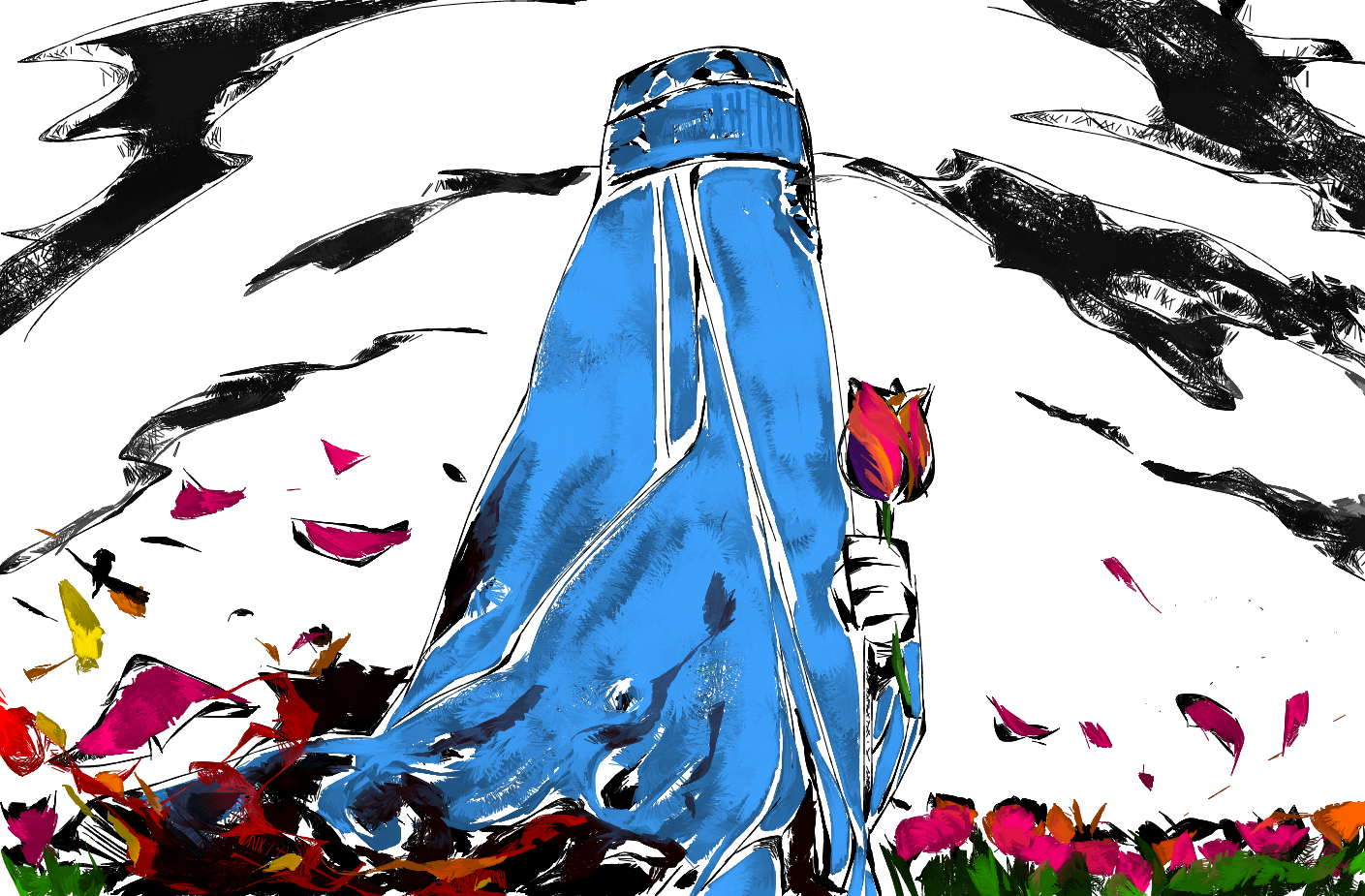
September 15, 2023
